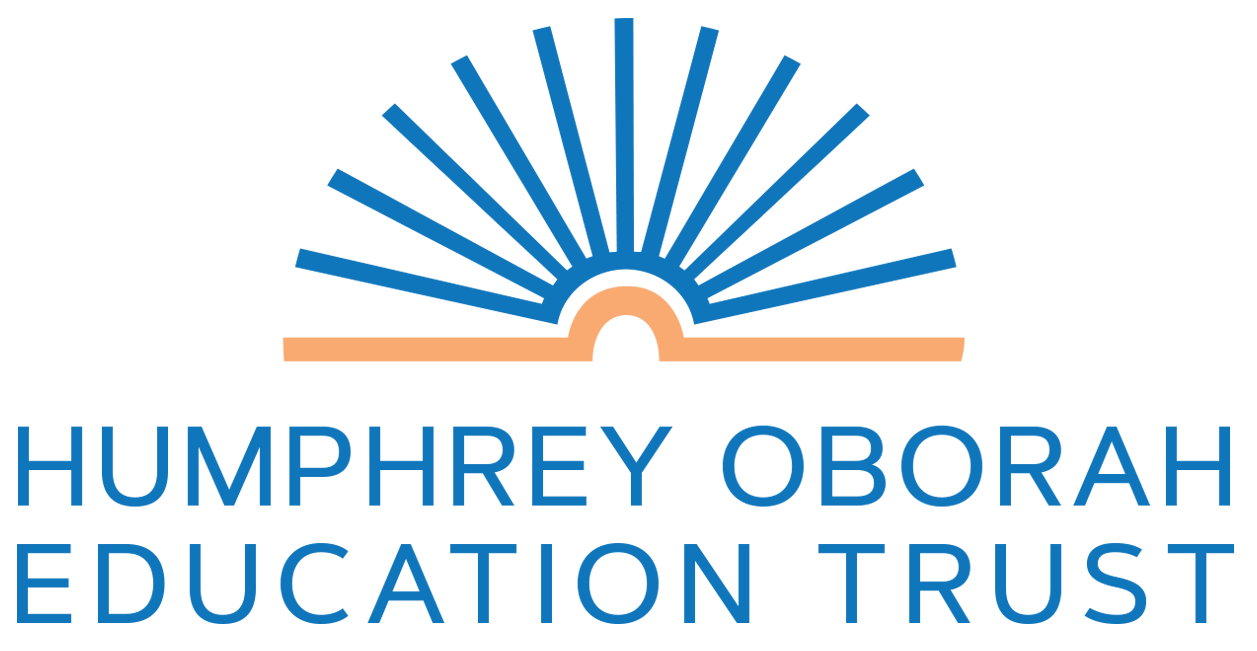Phase II Cohort: Adults with low grades from national examinations or drop outs
In many African villages there are people who may have dropped out of mainstream learning due to factors that have no relationship with their natural intelligence. These are people who may have dropped out due to:
- Poverty leading to lack of food, shelter and fees
- Harsh learning environment that requires them to travel long distances in pursuit of education, and without adequate or appropriate learning resources
- Early and unexpected pregnancies, or sickness that hinders ability to learn effectively
- Family troubles, lack of guidance and associated behavioral issues,
- Inability to understand some subjects e.g. Mathematics and Sciences hence falling out with teachers
- Having non-academic talent hence regarded as a academic failure e.g being good in sports but schools are concentrating in academics
- Natural learning challenges e.g timidity leading to panic in examinations, inability to memorize or cram notes effectively
Frustrated by education setups these people usually drop out of the mainstream education and begin to make a living through non-formal engagements. They would get into mechanics, small trading, enterprise developments, innovation rubrics e.g ability to repair TVs or radios in the villages without any formal education in electronics.
Some of them emerge with amazing success. Some end up being very good business magnets, others create innovations at village level, while others become the most trusted village leaders who would eventually win elections or get appointed by government as chiefs or community level administrators.
Due to the nature of their duties and level in society, these individuals may wish to access further education so that they can improve in their roles and at the same time gain respect for academic achievement.
Often they would approach established academic institutions who have set admission criteria that require passing examinations at levels they never reached. So they usually shy away from these institutions which usually send them to “bridging programmes” where they learn with children the age of their own.
So, beyond the youth in Cohort I above, there are adults ( 30years +) who could have been like them many years earlier. However, this group could have found some things to do but that may be only classified as “hand to mouth” jobs or could have found their ways to success using natural talents.
This project aims at helping such adults find out their true talents, connect them with Talent Based Learning under “Mature Talent Matriculation” hence able to obtain their degrees from Member International Universities just like described in Cohort I above for the youth.
